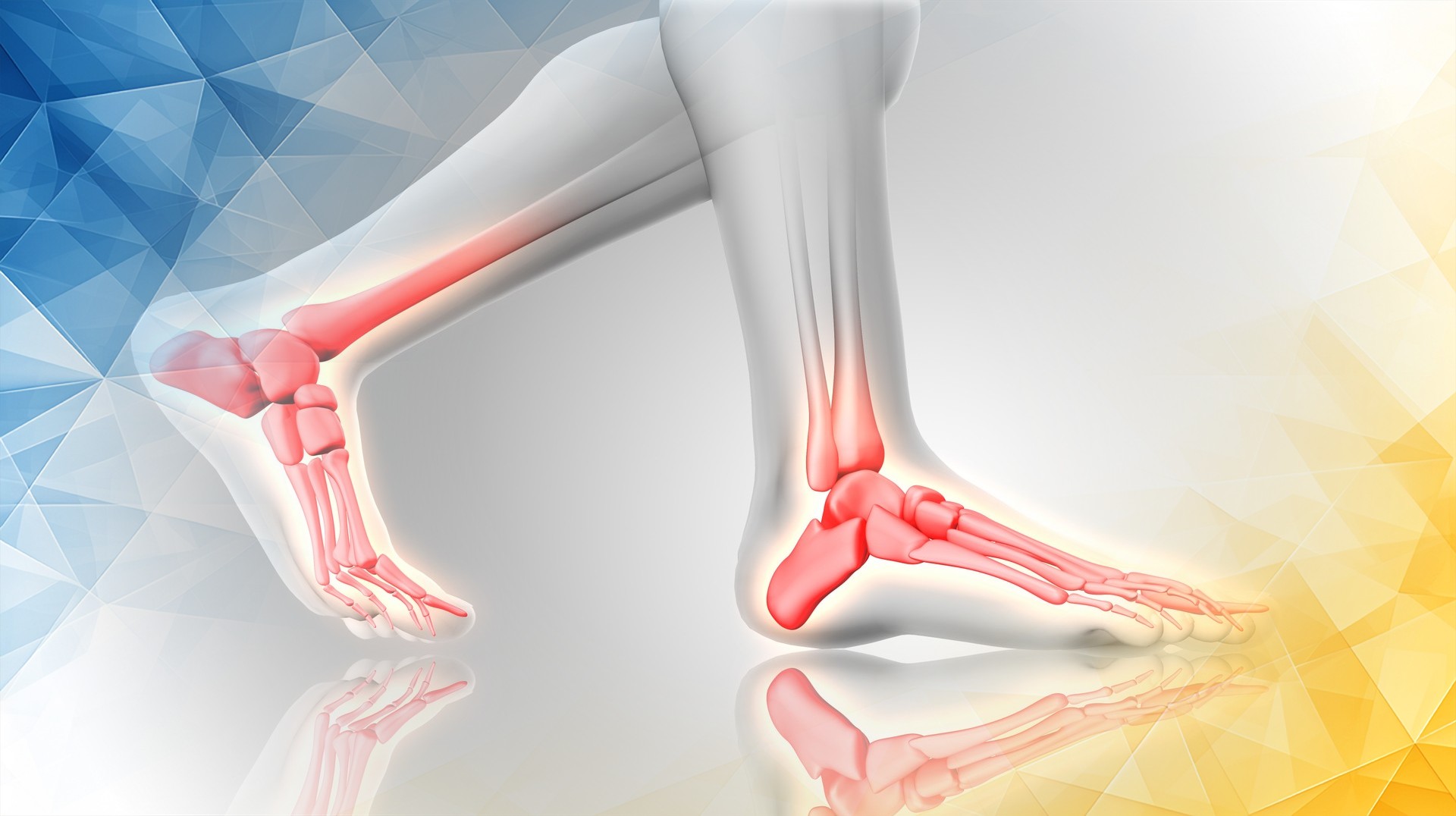



At the London Cartilage Clinic, exploring the optimal medicines for cartilage repair is a key area of focus. Our approach integrates advanced medical treatments with regenerative therapies to effectively address cartilage damage and promote healing. From hyaluronic acid injections to stem cell therapy, we offer a variety of options tailored to each patient’s needs.
Our clinic specialises in innovative treatments for cartilage repair, including Platelet-Rich Plasma (PRP), Platelet-Rich Plasma (PRF), therapy, stem cell treatment, fat cells, exsomsomes, Arthrosamid and hyaluronic acid injections. These therapies are designed to enhance the body’s natural healing processes, offering effective alternatives to more invasive surgical methods.
In addition to these, we also utilise surgical approaches such as liquid cartilage, autologous chondrocyte implantation (ACI), Matrix-induced Autologous Chondrocyte Implantation (MACI), and Scaffold-based Tissue-engineered Autologous Chondrocytes Implantation (STACI). With advancements in technology, these methods have become highly effective in cartilage regeneration.
Each patient’s cartilage injury is unique, demanding a bespoke treatment approach. We provide personalised medical plans based on a thorough assessment of the injury, taking into account factors like age, activity level, and the specific nature of the cartilage damage. This tailored approach ensures the most efficacious treatment for each individual.
The London Cartilage Clinic is at the forefront of cartilage repair treatments. Our team of specialists, equipped with state-of-the-art technology and extensive experience, delivers the highest standard of care. We are committed to providing treatments that not only address cartilage damage but also improve overall joint health and functionality.
The most effective treatments vary depending on the extent of cartilage damage. Procedures such as PRP, PRF, Exsosome therapy, stem cell, fat cell treatment, hyaluronic acid injections, ACI, MACI, and STACI have shown promising results in enhancing cartilage repair. Additionally, fat-derived and bone marrow-derived stem cells are increasingly being recognised for their potential in regenerative medicine.
Results can vary based on the treatment type and the individual’s condition. Generally, patients may start noticing improvements within a few weeks, with continued progress over several months.
Most treatments are minimally invasive and cause little to no discomfort. Our clinic ensures that all procedures are performed with the utmost care to minimise any pain or discomfort.
All our treatments are selected to help patients achieve the best possible outcomes and return to the quality of life they deserve. Get in touch if you have any questions.
At London Cartilage Clinic, we are constantly staying up-to-date on the latest treatment options for knee injuries and ongoing knee health issues. As a result, our patients have access to the best equipment, techniques, and expertise in the field, whether it’s for cartilage repair, regeneration, or replacement.
For the best in patient care and cartilage knowledge, contact London Cartilage Clinic today.
At London Cartilage Clinic, our team has spent years gaining an in-depth understanding of human biology and the skills necessary to provide a wide range of cartilage treatments. It’s our mission to administer comprehensive care through innovative solutions targeted at key areas, including cartilage injuries. During an initial consultation, one of our medical professionals will establish which path forward is best for you.
Contact us if you have any questions about the various treatment methods on offer.
Legal & Medical Disclaimer
This article is written by an independent contributor and reflects their own views and experience, not necessarily those of londoncartilage.com. It is provided for general information and education only and does not constitute medical advice, diagnosis, or treatment.
Always seek personalised advice from a qualified healthcare professional before making decisions about your health. londoncartilage.com accepts no responsibility for errors, omissions, third-party content, or any loss, damage, or injury arising from reliance on this material. If you believe this article contains inaccurate or infringing content, please contact us at [email protected].